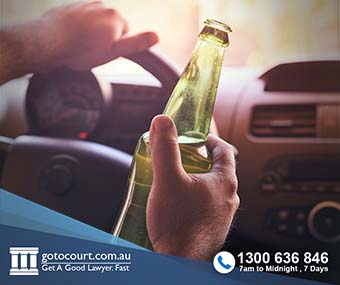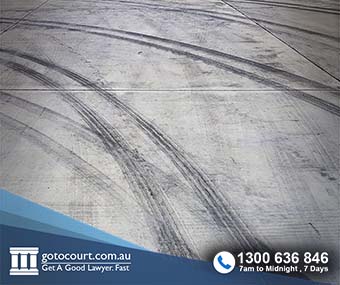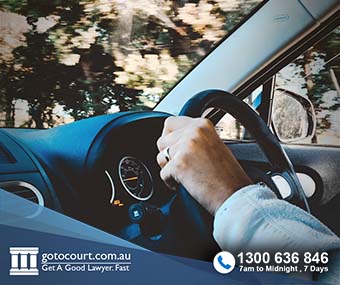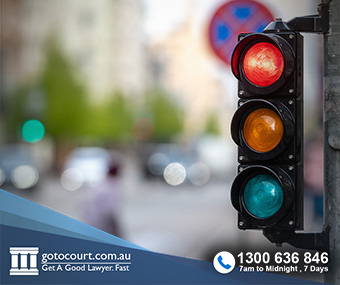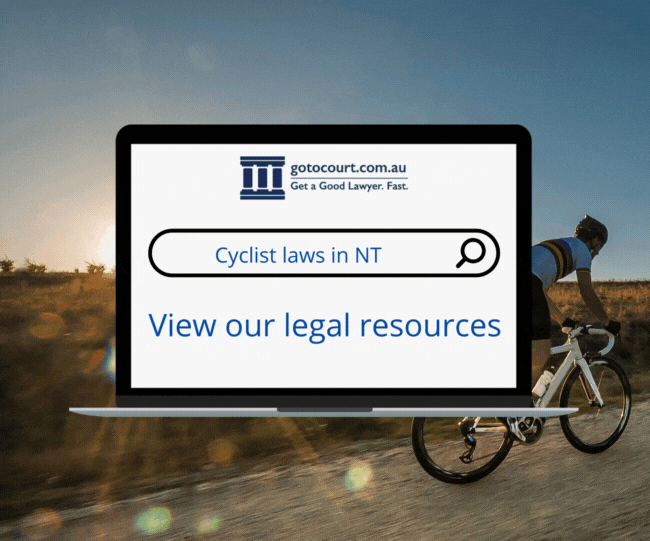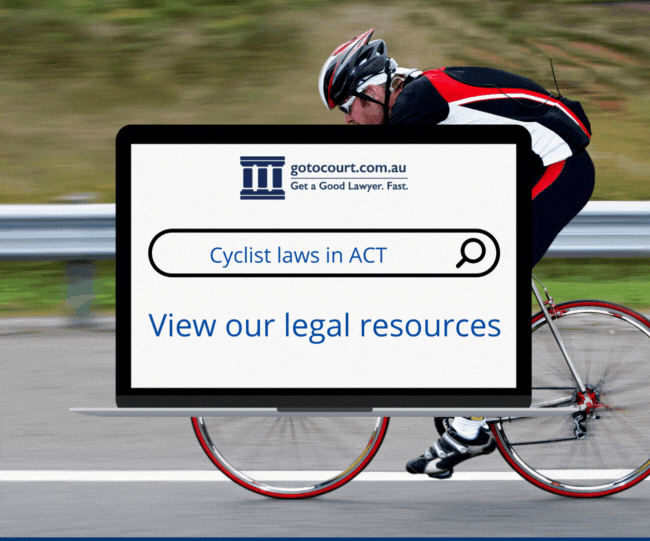Cyclist Laws in the Northern Territory
Cyclist Laws in the Northern Territory
A bicycle is a wheeled device that is propelled by human power. The Northern Territory (NT) has a high percentage of residents who use bicycles for transportation compared to other states and territories. These cyclists have many of the same responsibilities and rights as other road users. If a cyclist in the NT does not obey the Road Rules, they may be guilty of committing an offence and face penalties. The Road Rules in the NT are set out in the Traffic Regulations 1999, which are an amalgamation of the Australian Road Rules 1999 and specific NT traffic infringements and penalties. Despite drawing from national road rules, the NT is notable for its relatively relaxed approach to cyclist laws. This page examines cyclist laws in the NT.
Cyclists on Footpaths
In the NT, cyclists can ride on the footpath. When cycling on a pedestrian path, the rider must give way to pedestrians. A cyclist is permitted to ride across a pedestrian or children’s crossing when the light is green, as long as they proceed at a walking pace and give way to pedestrians.
Cyclist on Norther Territory Roads
Some roads in the NT have dedicated cycling lanes. Cyclists must use these bike lanes when they are available unless there are obstructions. When a dedicated bike lane is not available, cyclists may ride on the open roads. The onus is on motorists to leave sufficient room between their vehicles and the cyclist. When travelling at under 60km an hour, the driver must leave at least a metre between themselves and the cyclist. This minimum distance increases to one and a half metres when the driver is travelling over 60km an hour.
When riding on a road, cyclists are expected to follow all road rules, including those that relate to traffic lights, signs and road markings.
Additionally, when a cyclist rides on Northern Territory roads, they must:
- use correct signals to indicate left, right and stopping;
- have at least one hand on the handlebars at all times while the bike is in motion;
- only sit astride or stand up to cycle facing forwards (unless the bike is otherwise designed);
- always keep to the left unless giving way to pedestrians or overtaking;
- not overtake if a vehicle is in motion and indicating left;
- ride no more than two abreast on the road;
- keep a distance of at least two metres from the rear of a motor vehicle;
- not hold on to a motor vehicle in motion; and
- wear an approved helmet when required.
Cyclist Safety
Cyclists are more vulnerable on the roads because they have less protection and are, therefore, more likely to be injured in a crash. One of the ways that the law in Australia protects cyclists is through the requirement for safety equipment.
Under NT law, a cyclist must have at least the following safety equipment:
- a stable seat set at the right height;
- wheels and pedals that are sound and in good working order;
- a working horn or bell;
- working brakes and chain; and
- a white reflector at the front of the bike and a red reflector at the rear, with yellow reflectors on the wheels (if riding at night).
Statistically, a cyclist who wears a helmet has better protection in the event of an accident or collision with another road user. In most jurisdictions, a cyclist’s helmet must meet Australian standards and be properly fastened and fitted. It is, however, notable that the NT does not have the same enforced compliance with helmet safety for all cyclists. In fact, the NT Parliament took the specific step of introducing a partial exemption to allow cyclists over the age of 17 to refrain from wearing a helmet unless they are on the road. A cyclist who is 17 or younger must continue to wear an approved helmet at all times, including in a public place or footpath. A cyclist who is 16 years or older can carry a child under 10 in a bicycle trailer if the passenger is wearing a safety helmet.
Infringements
Compared to other jurisdictions in Australia, financial penalties for cyclists in the NT are low, currently $25. The most common infringement notices for cyclists are for speeding, failing to indicate, overtaking when unsafe, failing to give way or stop when appropriate, and causing a motorway obstruction. In some Australian jurisdictions, there are severe penalties for cycling under the influence of alcohol or drugs. It is notable that motor vehicle laws relating to drink driving do not apply to cyclists in the NT. Instead, if the police in NT deem that a cyclist is a danger to other road users, they may charge the cyclist with other traffic offences.
Please get in touch with our experienced team if you need legal assistance with a traffic matter in the Northern Territory or any other legal matter.

Affordable Lawyers
Our Go To Court Lawyers will assist you in all areas of law. We specialise in providing legal advice urgently – at the time when you need it most. If you need a lawyer right now, today, we can help you – no matter where you are in Australia.How It Works




1. You speak directly to a lawyer
When you call the Go To Court Legal Hotline, you will be connected directly to a lawyer, every time.

2. Get your legal situation assessed
We determine the best way forward in your legal matter, free of charge. If you want to go ahead and book a face-to-face appointment, we will connect you with a specialist in your local area.

3. We arrange everything as needed
If you want to go ahead and book a fact-to-face appointment, we will connect you with a specialist in your local area no matter where you are and even at very short notice.


